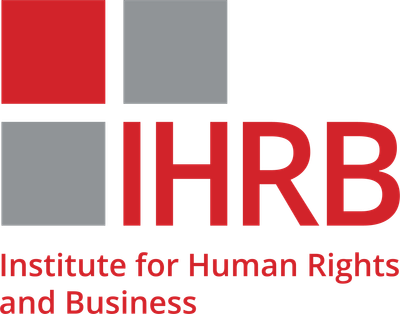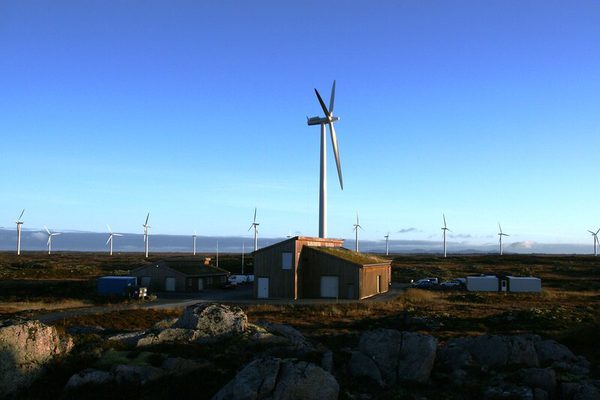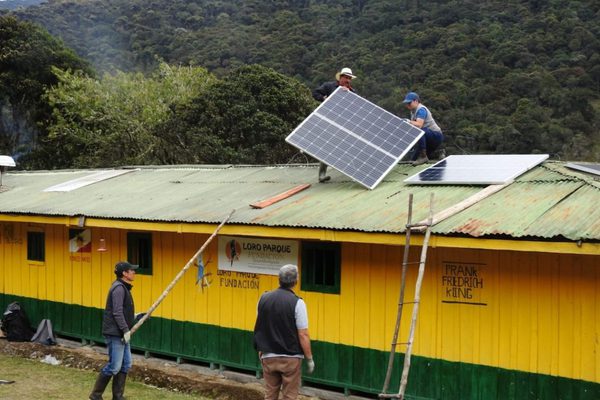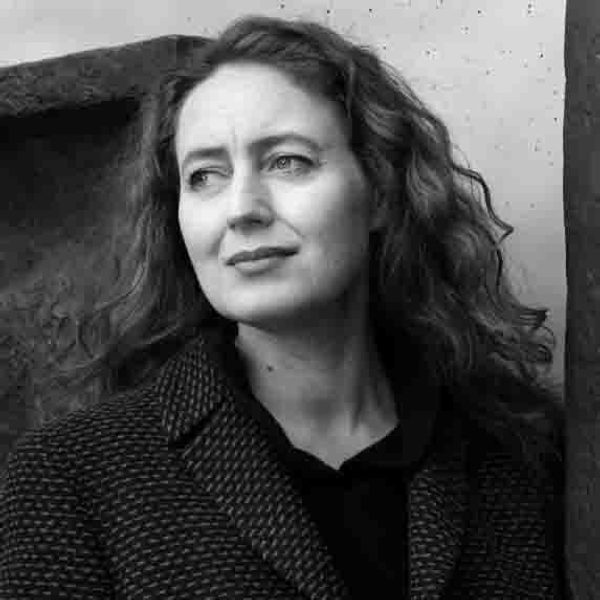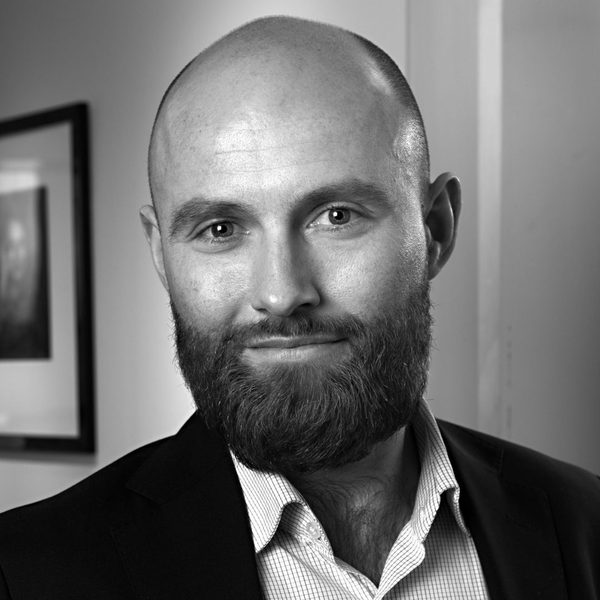Coastal Renewables
Why energy companies and investors must consult with local communities in the transition to net zero.
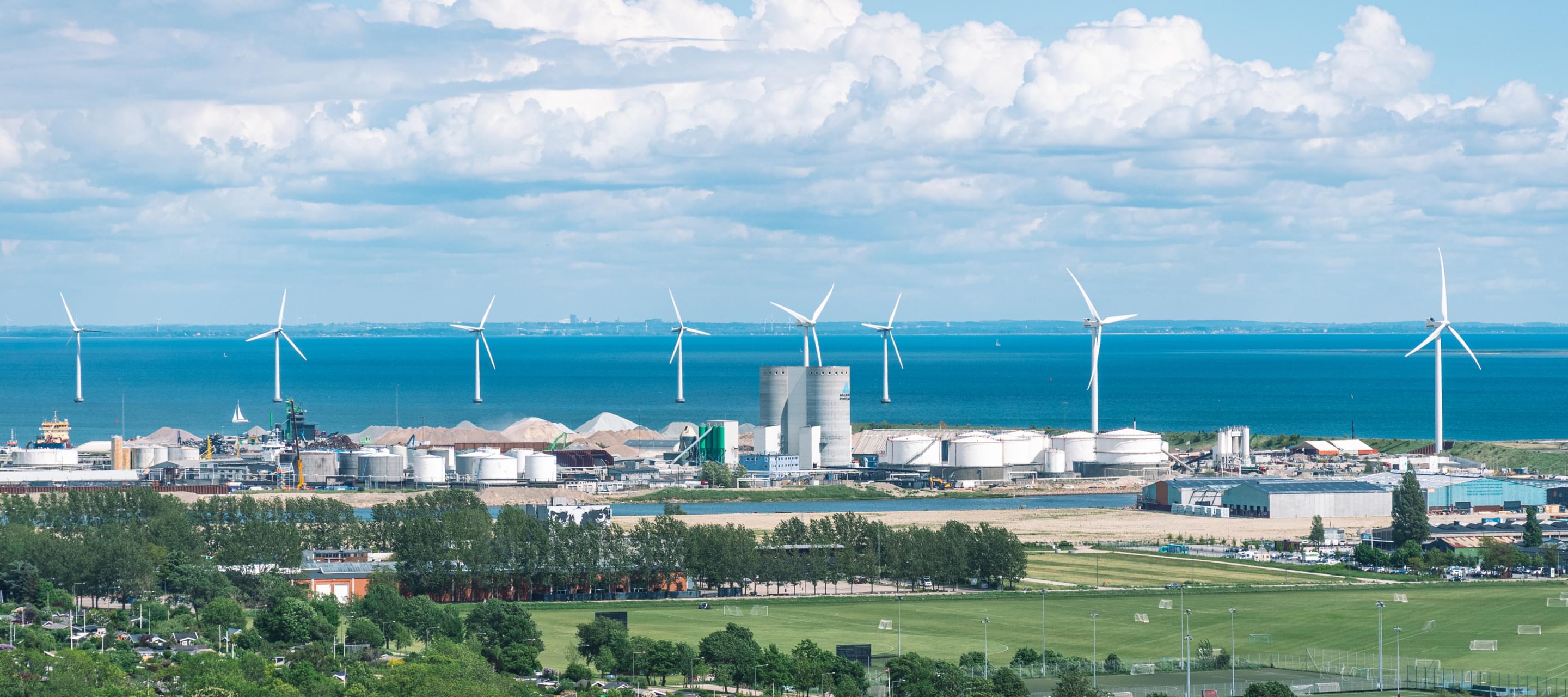
Summary
The growth of wind energy globally is essential in the transition to net zero but the ‘green rush’ for financing and approving new projects means that the risk of serious human rights violations of local communities is stark.
- The Just Wind project, funded by Oak Foundation, is working with regional partners CREER in Colombia (La Guajira) and HOMEF in Nigeria (Niger Delta) and other organisations internationally to ensure that Indigenous and local communities around the world are consistently at the table with energy corporations, investors, and regulators in the field of wind energy to ensure equitable benefit-sharing.
Background
To date, consultation by energy companies and investors with locally affected communities, whose livelihoods may be harmed if not destroyed by new wind installations, is largely inadequate (as underscored by the work of the Renewable Energy and Human Rights Benchmark).
If the renewable energy sector is to avoid the marginalisation and exploitation of local communities which have characterised much of the oil, gas and mining sectors over decades, all stakeholders must work collectively towards a just transition to a low carbon economy. This means ensuring agency for local and indigenous communities - through robust Free, Prior and Informed Consent processes, through access to cheap, clean energy, and to equitable benefit-sharing mechanisms with energy developers. This needs to be mandated by governments in their tender processes to ensure a level playing field in bids.
Project aims and outcomes
- Build the capacity of Indigenous and marginalised community leaders in Colombia and Nigeria to engage in dialogue with key wind energy stakeholders around community equity, more sustainable coastal livelihoods and stronger social licence to operate.
- Develop momentum around a collective ‘Just Wind’ advocacy agenda with important stakeholders through convening regional/country dialogues to share knowledge, foster collaboration and advance policy discussions around improved wind energy regulation, industry standards and corporate practices.
- Strengthen regulations / requirements for more equitable benefit-sharing within wind energy projects through advocacy with key government ministries and private sector players – energy producers, corporate power purchasers, investors and global industry bodies.
Who might this project interest?
- Energy developers, corporate power purchasers, investors in wind energy, industry bodies and regulators who will gain a deeper understanding of the challenges and opportunities around equitable benefit-sharing with local communities, especially indigenous communities, within onshore and offshore wind energy projects.
- Local and indigenous community representatives who wish to find out about best practices, good operators, or who wish to become involved in our work. (Contact Frances House.)
Project activities
- Regional partners - CREER in Colombia and Health of Mother Earth Foundation (HOMEF) in Nigeria - are conducting a series of training and dialogues with indigenous and other community leaders, as well as undertaking advocacy with relevant government ministries and raising awareness with journalists.
- IHRB is convening a series of ‘Ocean Equity’ dialogues in partnership with the Rafto Foundation of Human Rights around the issue of community benefit-sharing in the context of renewable energy for the Just Wind project and of sustainable coastal livelihoods and habitat restoration eg. UN Ocean Conference, Lisbon 2022, Manila 2023, Bergen 2024, Cartagena 2024, UN Ocean Conference Nice 2025
- Here we spotlight indigenous and local community partnerships in renewable energy in nine countries (Canada, Chile, Colombia, Honduras, Mexico, Norway, Scotland, Sweden, US).
- The Ocean Platform briefing series includes a topic briefing on human rights in offshore and coastal renewable energy.
First Nations have lived for thousands of years without fossil fuels. It is appropriate that they lead the way out of dependency and addiction to fossil fuels and to rely on the power of the elements, the sun, the wind and the sea, once again.
Chief Gordon Planes
T'Sou-ke First Nation
Team
Meet the project team and learn about their expertise.
